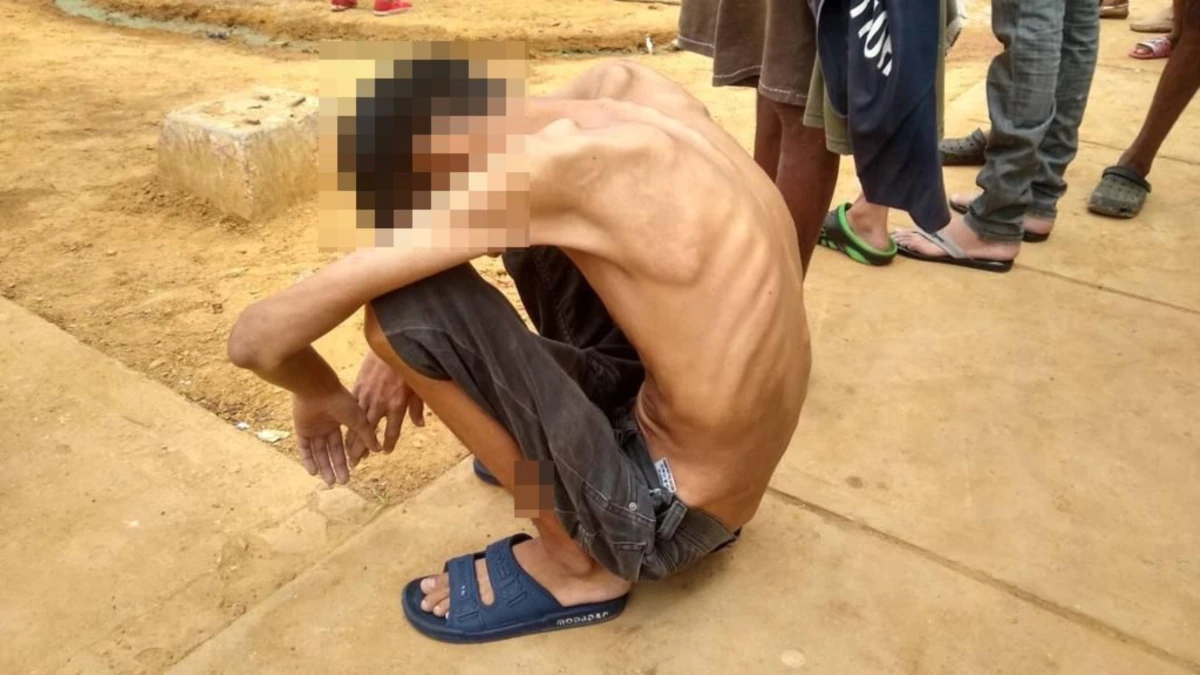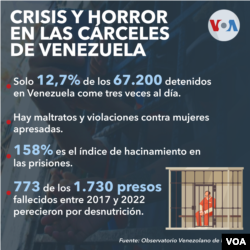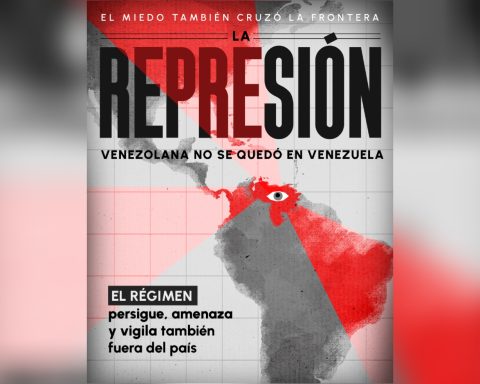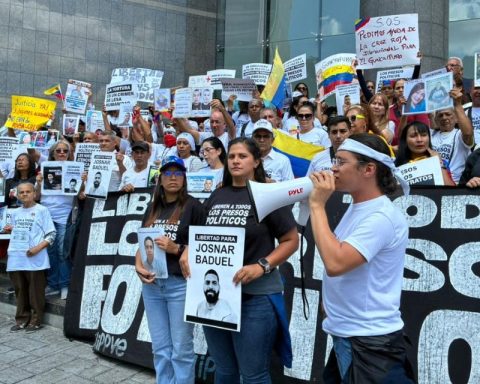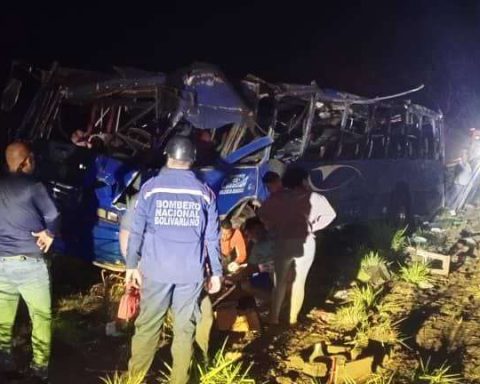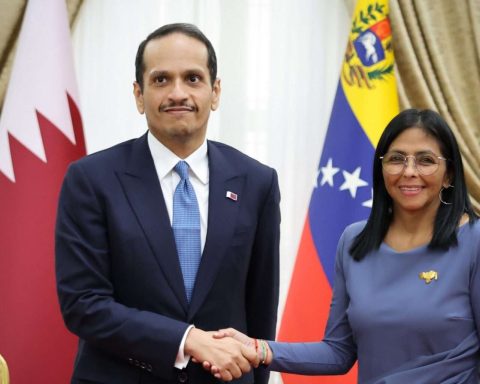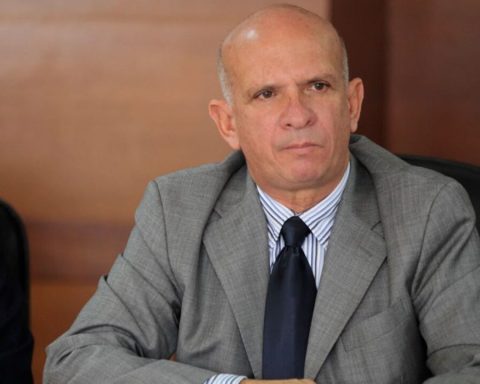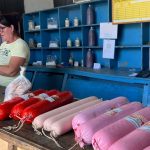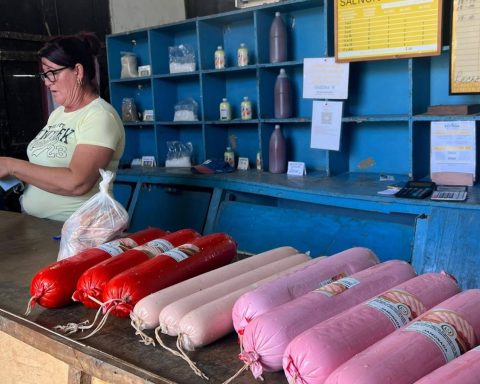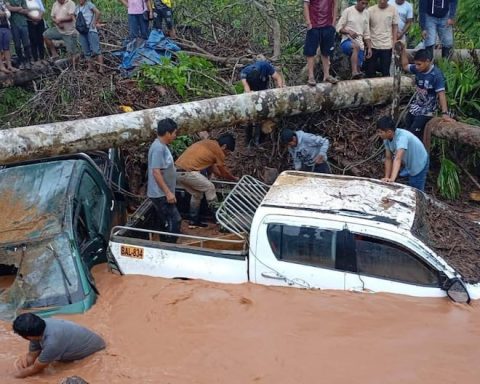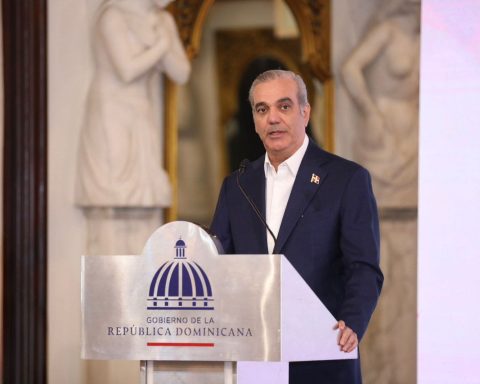The 52 Venezuelan prisons tens of thousands of detained men and women are plagued by “complex” problems of overcrowding, corruption, malnutrition and fundamental rights violations, according to a report presented by the Venezuelan Prison Observatory at a hearing before the Inter-American Commission on Human Rights (IACHR). ).
Up to three spokeswomen associated with the Venezuelan non-governmental organization exposed the penitentiary situation of the South American country, in a 30-minute hearing last Friday, in the 183rd session of the IACHR.
The report specified that Venezuela has 52 prisons, of which 35 are for men, one for women and 16 are female annexes. They can house 20,438 people, but the prison population today is 32,200 detainees.
The report indicates that 35,000 people remain in police detention centers in the 23 regions and the Capital District of the nation. In total, there are 67,200 prisoners, of which 2,500 are women, according to the report presented to the IACHR.
Overcrowding is “critical”, up to 158%, the director of the Observatory, Venezuelan lawyer Carolina Girón, comments on Monday. voice of america.
The text details that the Venezuelan government has closed 11 penitentiary centers and denounces the lack of maintenance of the infrastructure of the prison system.
Prisoners in Venezuela live in pavilions and common areas, not in individual cells, he says. These spaces are dominated by leaders known as “pranes”, whose groups charge the entire population in dollars for food quotas, places to sleep and the possibility of having conjugal visits.
“Everything is paid in dollars. This has been happening for a long time, since the economy was de facto dollarized”, between 2018 and 2019, according to economists, he points out. These payments are made in cash or even by bank transfers.
Girón dares to denounce that the payments of inmates and their relatives for better living conditions inside the prisons are not made only to the “pranes”.
“Officials from the prison services ministry also get paid. It is a total corruption of custodians and officers of the National Guard. This happens in all prisons, whether there are ‘pranes’ or not”, he warns after his hearing on Friday.
If the relative of a prisoner wants to take an orange or an additional container of drinking water to a certain prison in Venezuela, they charge him, he says. These charges force family members to sell appliances and household items.
“You arrive at their houses and they are dismantled. They have to pay for their loved one to live. They charge for everything, even for breathing,” says Girón.
The Venezuelan government, headed by Nicolás Maduro, denies that there is a crisis in the prisons and denies that “pranes” dominate those spaces. In the first half of 2021, it released hundreds of detainees under the “protected trust” regime, as part of a prevention policy against COVID-19.
According to the executive branch, Venezuelan inmates receive classes in political education and “homeland”, through the teaching of national history and values.
severe malnutrition
Malnutrition is a serious and escalating issue in Venezuelan prisons. Between 2017 and January 2022, 960 people died in the country’s prisons and 412 of them died from diseases resulting from lack of food.
In police cells, 770 detainees died in that same period, 261 due to malnutrition. So, 773 of the 1,730 deceased prisoners perished from malnutrition, denounces the Venezuelan Prison Observatory.
Marianela Herrera, professor and researcher at the Center for Development Studies of the Central University of Venezuela and director of the Venezuelan Health Observatory, explained to the IACHR on Friday that there is no specialized State personnel to diagnose severe malnutrition in prisons.
The photographs of the prisoners in those prisons, however, show “their pale skin and mucous membranes, sunken cheeks, thin chest with obvious ribs, altered hair color and edema due to lack of protein,” he said.
All prisoners in Venezuela have symptoms of malnutrition and about 60% of them have symptoms of severe malnutrition, reveals Girón to the VOA.
“It is a systemic problem. The whole system is wrong. The prisoner’s diet is based on carbohydrates, on flour. There is no protein intake,” he details.
The absence of refrigeration systems prevents a prepared meal from lasting more than one or two days in good condition inside prisons located in regions with temperatures over 30 degrees Celsius, he says.
According to research by the Observatory, only 12.7% of Venezuelan prisoners eat three times a day, while 40.1% receive food once a day; 38%, twice; and 9.2% say that they never receive food in prison.
abuse and rape
The report of the Venezuelan Observatory of Prisons speaks of a delay in the judicial proceedings of at least 70% of the detainees. The lack of adequate public services and the non-collection of garbage are also reflected.
One of the situations in which the NGO, the only one of Venezuelan origin that participated in the most recent sessions of the IACHR, emphasized the most, was that of mistreatment and violations against women prisoners in the country.
They also suffer from deprivation of water and food, they do not have medical attention, nor sexual and reproductive health services. Nor do they have hygiene items, such as sanitary towels, the spokespersons of the Observatory highlighted.
The authorities of the IACHR considered that the situation described was dramatic.
Stuardo Ralón, first vice president of the Commission and rapporteur for persons deprived of liberty, considered that these cases “are far from any standard of protection that the State must give” to detainees.
Soledad García, rapporteur of the IACHR, valued that what was exposed about Venezuela is a “tragic situation”, according to the Observatory in a press release.
Connect with the Voice of America! Subscribe to our channel Youtube and turn on notifications, or follow us on social media: Facebook, Twitter and Instagram.
